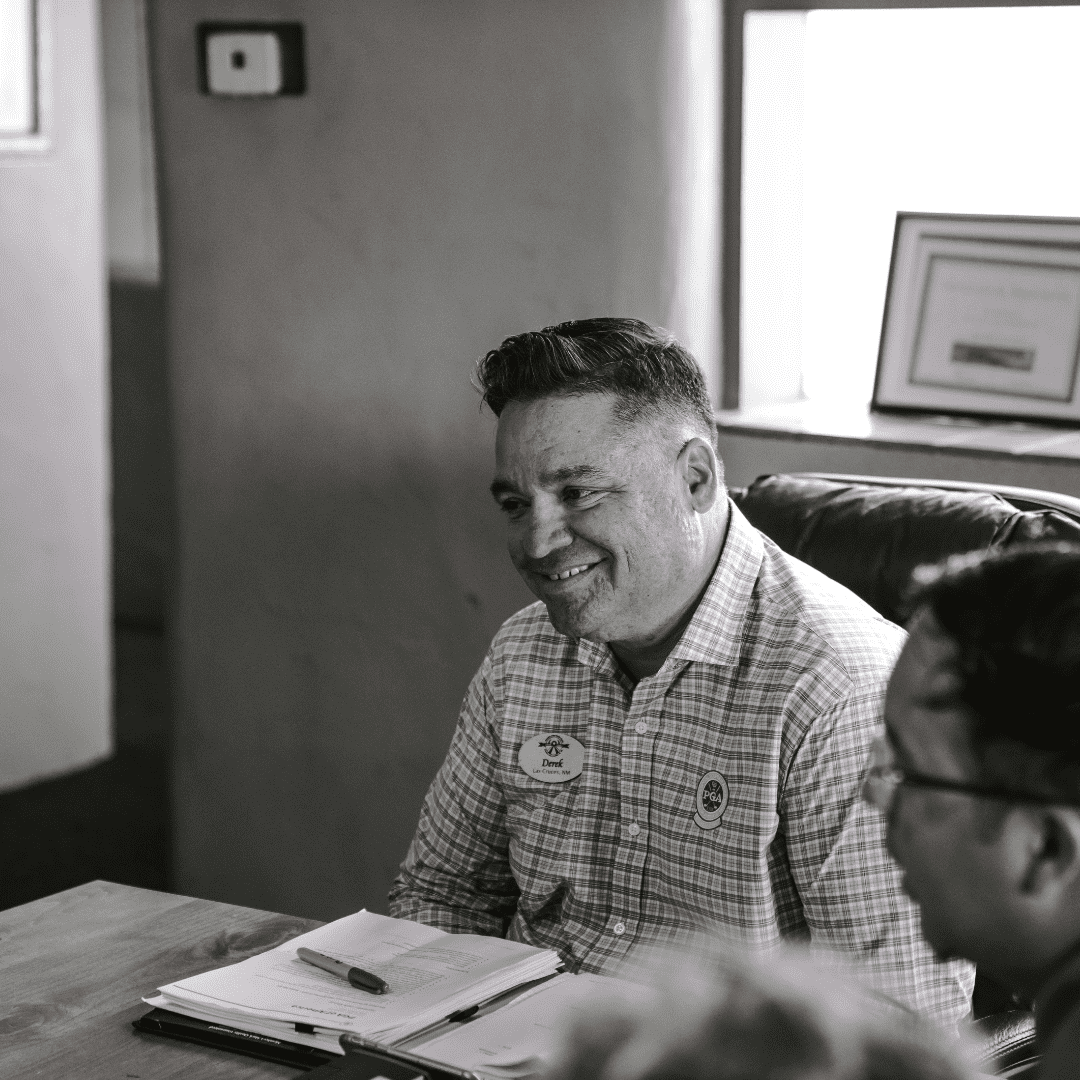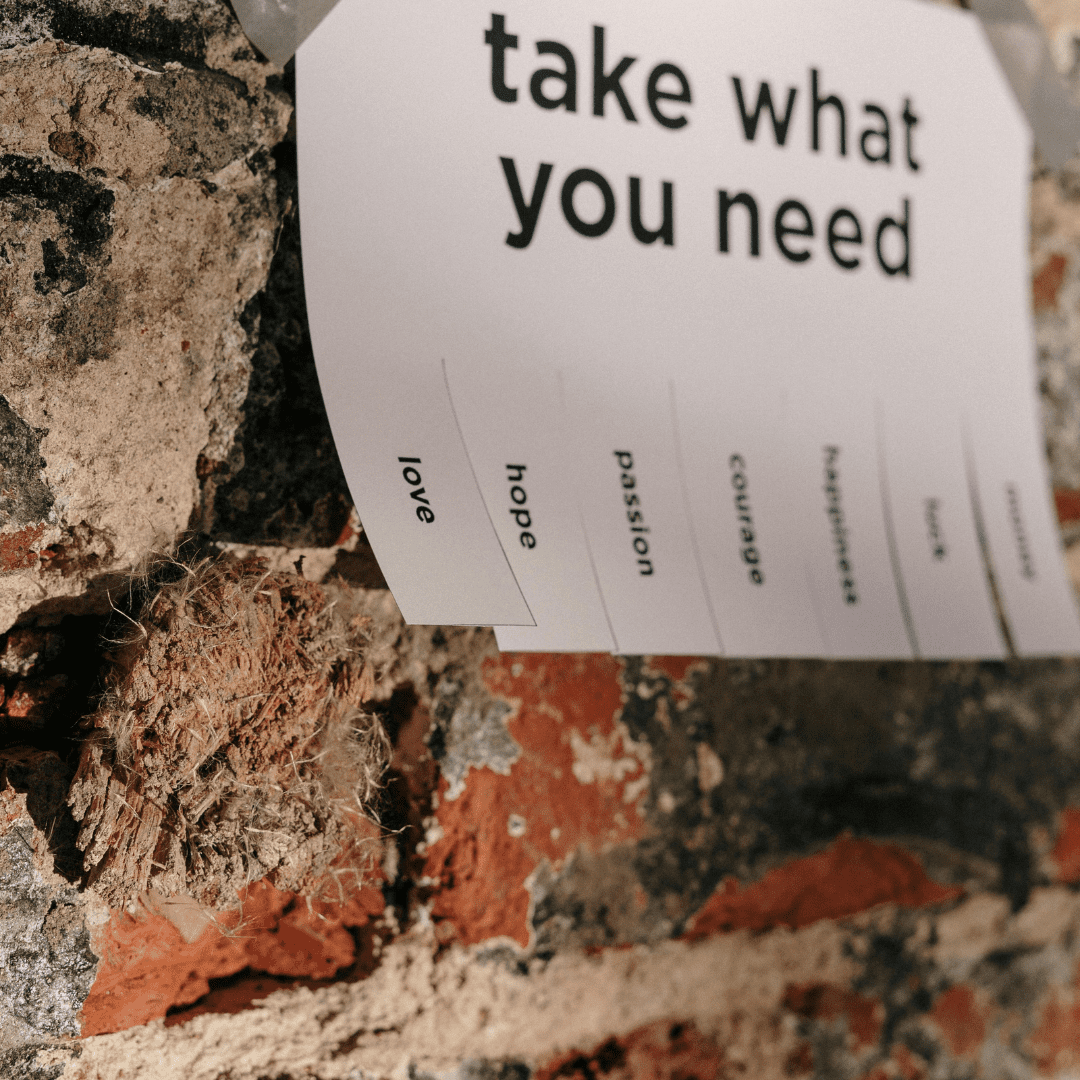Healing Power of Forgiveness in Addiction Recovery: Embracing Self-Forgiveness and Supporting Loved Ones

Addiction is a complex and challenging condition that not only affects the individual struggling with substance abuse but also impacts their loved ones. Recovery from addiction is a journey fraught with obstacles, one of the most significant being the need for forgiveness. Forgiveness plays a crucial role in the healing process, both for the individual battling addiction and for those who care about them. In this article, we delve into the profound significance of forgiveness in addiction recovery, focusing on self-forgiveness for the addict and offering guidance for loved ones navigating the path of forgiveness.
Understanding Addiction and Forgiveness: Addiction is often accompanied by feelings of guilt, shame, and regret. Individuals grappling with addiction may engage in behaviors that harm themselves and others, leading to fractured relationships and emotional pain. Amidst the chaos of addiction, forgiveness emerges as a beacon of hope, offering the promise of healing and reconciliation. However, forgiveness in the context of addiction recovery is not simple or straightforward. It requires introspection, empathy, and a willingness to let go of resentment and bitterness.
Self-Forgiveness: The Key to Personal Transformation: For individuals in recovery, self-forgiveness is an essential aspect of the healing journey. Accepting responsibility for past actions, acknowledging the harm caused, and making amends are crucial steps towards self-forgiveness. It requires confronting the inner demons of addiction with compassion and understanding, recognizing that addiction is a disease, not a moral failing. Self-forgiveness enables individuals to release the burden of guilt and shame, freeing them to embrace a new life of sobriety and self-discovery.
Tips for Self-Forgiveness:
- Practice Self-Compassion: Be kind to yourself and acknowledge that you are deserving of forgiveness.
- Seek Support: Surround yourself with understanding and empathetic individuals who can offer guidance and encouragement.
- Reflect and Learn: Use past mistakes as opportunities for growth and self-reflection. Learn from them and commit to making positive changes.
- Let Go of Perfectionism: Accept that recovery is a journey filled with ups and downs. Embrace progress, not perfection.
- Practice Gratitude: Focus on the present moment and cultivate gratitude for the opportunity to heal and rebuild your life.
Forgiving the Addict: For loved ones of individuals struggling with addiction, forgiveness can be a challenging and emotionally taxing process. It requires letting go of anger, resentment, and betrayal, and embracing empathy and understanding. Recognizing addiction as a disease rather than a choice is a crucial first step towards forgiveness. It involves reframing the narrative surrounding addiction and viewing the individual with compassion, rather than judgment.
Tips for Forgiving the Addict:
- Educate Yourself: Gain a deeper understanding of addiction and its impact on behavior and decision-making.
- Set Boundaries: Establish healthy boundaries to protect yourself from further harm, while still offering support and encouragement.
- Practice Empathy: Put yourself in the shoes of the addict and try to understand their struggles and challenges.
- Focus on Healing: Prioritize your own emotional well-being and seek therapy or support groups to process your feelings and experiences.
- Embrace Forgiveness: Recognize that forgiveness is a gift you give yourself, allowing you to let go of the pain and move forward with your life.
In addiction recovery, forgiveness is a powerful catalyst for healing and transformation. Whether it’s forgiving oneself as an addict or extending forgiveness to a loved one struggling with addiction, the journey of forgiveness is one of courage, compassion, and resilience. By embracing forgiveness, individuals in recovery can break free from the chains of the past and create a brighter, more hopeful future. Together, let us cultivate a culture of forgiveness and understanding, fostering healing and reconciliation in the face of addiction’s challenges.




